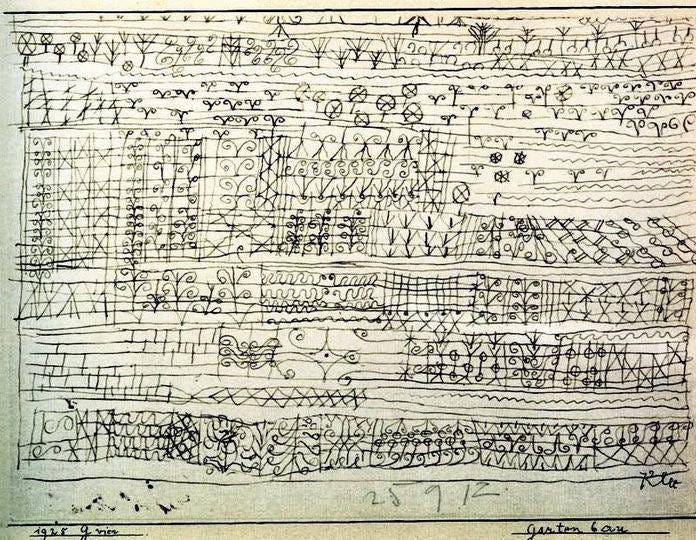This Sunday: World Without Opposite
Join us this weekend for the first of five classes on ecological thinking and the future human.
Dear friends,
It’s hard to believe it, and yet here we are: this Sunday, October 27 is the start of my new, five week online class.
“World without Opposite: Ecology, Becoming & the New Self in the Making.”
This will be an equal parts philosophical and mythical exploration of an emerging ecological worldview.
Each time I write, speak, or teach about what this means, I find myself reaching for new stories, phrases, concepts. This is a good sign, I think. Whenever we trace out the contours of a new worldview, our language becomes generative. Whatever we call this moment — ‘polycrisis,’ ‘metacrisis,’ or ‘Chtulucene,’ ‘Gaianthropocene’ — we know that we are already living in a new structure of feeling. Ours is a kaironic moment. We know this. It carries an excess of meaning, not only for the present, but for the past and future alike. It is up to all of us, the philosophers and poets, the artists and the storytellers. We are needed, more than ever now, to tell the stories and sing the songs that belong to our day, to make meaning out of matter.
How do we make sense of the fault lines? If the ground beneath our feet has suddenly given way and a new ground is rising beneath us, what new stories will be the bridge to this strange Earth?
“Prayer is attention,” Simone Weil wrote. This course asks us to develop a kind of radical attention to our present, which is tantamount to a kind of prayer, a faith: when we say yes to our world, we affirm our unthinkable continuity with all things, our living and being in radical relation. Attention, like prayer, can bring about something generative, even transformative. “Our looking ripens things,” as Rilke wrote.
So let us look to the more than human world, where we find many teachers of an ecological world view, and many emissaries from our planetary tomorrow.
What if we tried to imagine a time beyond progress?
What if we re-visioned this moment of civilizational transition as a beginning, and not merely an ending?
What if the last few hundred years, the whole arc of modernity, could be reframed as a prelude to new and mutant modes of perception?
Over the course of five weeks, “World Without Opposite” will seek out a multifaceted understanding of an emerging, ecological worldview. From Jean Gebser, Henri Bergson, Gilles Deleuze, Felix Guattari, Hannah Arendt, and Gloria Anzaldúa we will seek out new philosophies of becoming that flip the anthropocentric world view on its head. We will not limit ourselves to categories. Seeking life, we will leap across the bounaries of disciplines, draw from thinkers and artists, intellectuals and aesthetics alike. We have as much to learn about metaphysics from the microcosm as we do from the hallowed halls of academia. Modernist artists—like Cézanne, perhaps, or Joyce—may have lessons for us in thinking and perceiving ecologically (i.e., thinking in continuity with the world in all its vibrant multiplicity).
Let us burst the so-called modern world view.
We should not fear our anthropocentric thought becoming humus, or the composting of our coveted postmodern subjectivities: fecund earth, after all, is transubstantiated into all the kaleidoscopic colors of the flower.
With all this in mind, the course will conclude with a meditation on the future, “integral” human: the human as kaleidoscopic and ecodelic. Let us dare to imagine the future human, the human latent in us, in plastic continuity with the more-than-human.
All in all, this course will be an excercise in attention: what is possible when we embrace the present? What would happen if we dared to imagine a world beyond progress, beyond capital? This world we call home is teeming with life becoming. This world is burning. It is only by stepping out of our own anthropocentrism that we can come to know what is ours to offer back, as medicine, in reciprocity.
***
I hope to see many of you in class. Much of this is drawing from my manuscript, Fragments of an Integral Future, and so I anticipate the course discussions and participation will be space of rich, communal learning and spiritual nourishment.
Reach out if you need a student discount. No one will be turned away.
More in the coming days.
In gratitude,
Jeremy
Featured image: Paul Klee, 'Gartenbau,' [Horticulture] 1925


